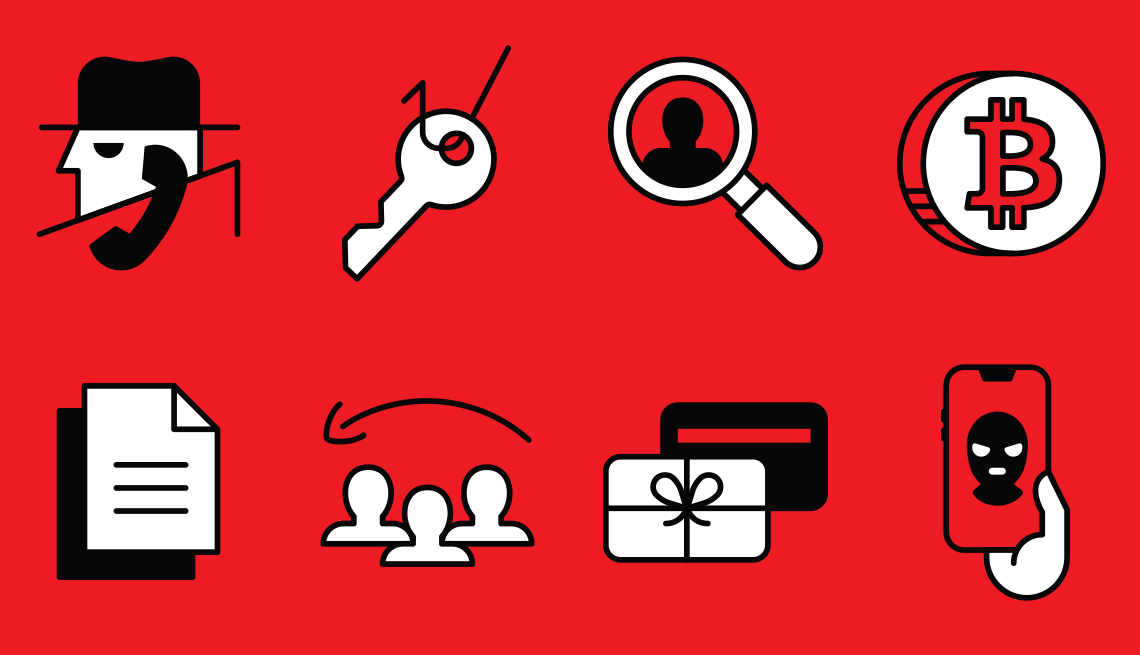
- Select a language for the TTS:
- UK English Female
- UK English Male
- US English Female
- US English Male
- Australian Female
- Australian Male
- Language selected: (auto detect) - EN
Play all audios:
HOW TO STAY SAFE: Use a separate email address just for job hunting, and set up a free Google Voice phone number that rings on your phone but keeps your real number private, says Alex
Hamerstone, advisory solutions director for the information security company TrustedSec. If you get a sudden job offer, independently call the company’s human resources department to verify
it is real, suggests Sandra Guile, spokeswoman for the International Association of Better Business Bureaus. 4. FAKE AMAZON EMPLOYEES One-third of business-impostor fraud complaints involve
scammers claiming they’re from Amazon, the Federal Trade Commission (FTC) reports. Older adults are four times more likely to lose money and get hit harder — losing a median of $1,500,
versus $814 for younger adults — in such scams. “Amazon is the biggest, best-known company in the [online sales] space,” Hamerstone says. So the impersonator scams “feel real” to people. HOW
TO STAY SAFE: Ignore calls, text messages, emails and social media messages about suspicious account activity, raffles or unauthorized purchases. If you think you may have a real account
problem, contact Amazon customer support at 888-280-4331. 5. CRYPTOCURRENCY ATM PAYMENTS Those ATMs cropping up in convenience stores, gas stations and big retailers are scammers’ newest
payment method. Pretending to be government officials, utility agents or sweepstakes representatives, they direct you to pay a purported fee, bill or handling charge by sending
cryptocurrency bought at these ATMs to an untraceable digital wallet. “It’s irreversible. There’s no way to get your money back,” says Lisa Cialino, an attorney with the New Jersey State
Commission of Investigation. HOW TO STAY SAFE: According to the FTC, “nobody from the government, law enforcement, a utility company or prize promoter will ever tell you to pay them with
cryptocurrency. If someone does, it’s a scam, every time.” 6. LOCAL TAX IMPOSTORS Scammers are impersonating state, county and municipal law enforcement and tax collection agencies to get
you to share sensitive personal information or send money to “settle your tax debt.” They may call, email or mail letters threatening to revoke your driver’s license or passport. Some
pretend to offer state tax relief. HOW TO STAY SAFE: Ignore any such calls and emails. Real tax agencies, from the IRS to your town tax collector, do business by mail and won’t ask you for
passwords or bank account or credit card info. They also won’t threaten to call the police or ask you to pay with gift cards, peer-to-peer (P2P) payment apps or cryptocurrency.

